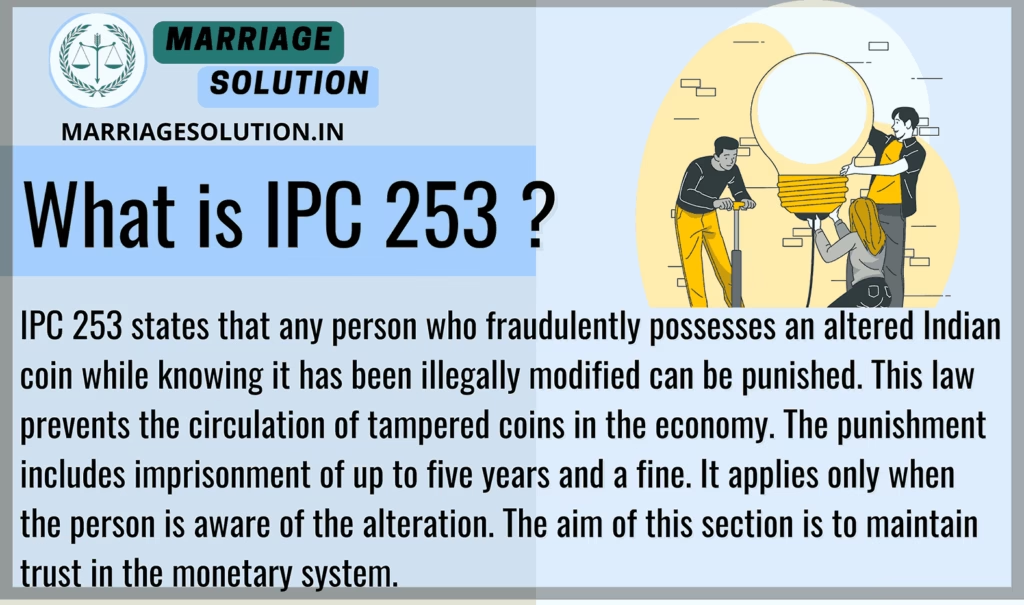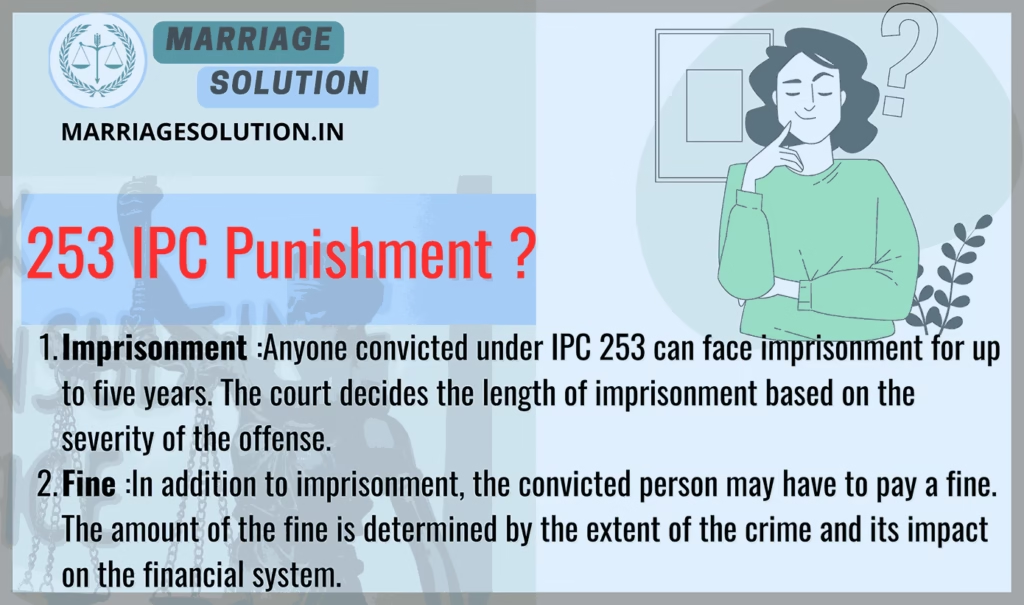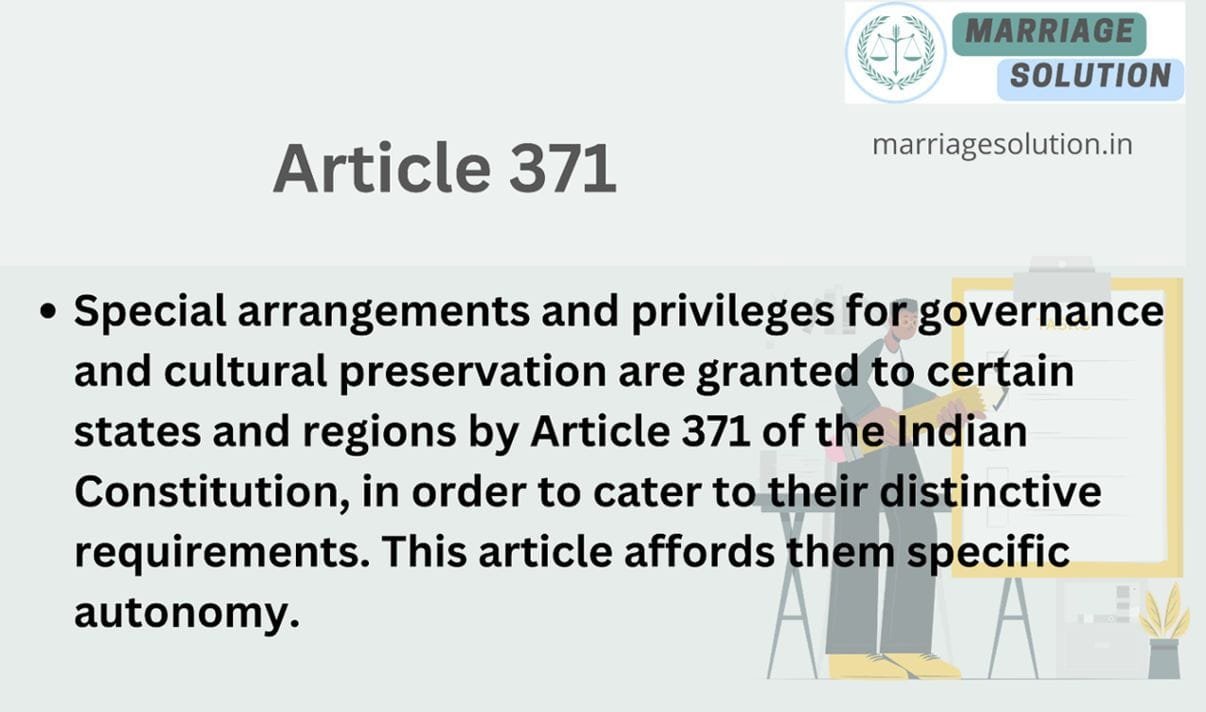Introduction of IPC 253
IPC 253 of the Indian Penal Code (IPC) deals with possession of altered Indian coins with fraudulent intent. If a person knowingly keeps or uses a coin that has been illegally modified, they can face legal consequences. This law ensures that tampered coins do not circulate and cause harm to the economy. It applies only when the person is aware that the coin has been altered at the time of possession.
- Introduction of IPC 253
- What is IPC Section 253 ?
- Section 253 IPC in Simple Points
- Section 253 IPC Overview
- 10 Key Points of IPC 253
- 1. Focus on Possession of Altered Coins
- 2. Awareness is Essential
- 3. Preventing Circulation of Fake Coins
- 4. Fraudulent Intent Must be Present
- 5. Punishment Includes Imprisonment and Fine
- 6. Applies to Indian Coins Only
- 7. Encourages Reporting of Fake Coins
- 8. Not Applicable to Accidental Possession
- 9. Strengthens Economic Integrity
- 10. Used Alongside Other Sections
- 10 Key Points of IPC 253
- Examples of IPC 253
- Section 253 IPC case laws
- 253 IPC Punishment
- 253 IPC Bailable or non bailable
- Section 253 IPC in short information
- IPC Section 253 FAQs
- If you need support with court proceedings or any other legal matters, don’t hesitate to reach out for assistance.
What is IPC Section 253 ?
IPC 253 states that any person who fraudulently possesses an altered Indian coin while knowing it has been illegally modified can be punished. This law prevents the circulation of tampered coins in the economy. The punishment includes imprisonment of up to five years and a fine. It applies only when the person is aware of the alteration. The aim of this section is to maintain trust in the monetary system.

Section 253 IPC in Simple Points
1. Criminal Liability for Possession of Altered Coins
IPC 253 does not punish those who create counterfeit or altered coins but focuses on those who knowingly possess them. If a person keeps a fraudulently altered coin with the intention of using or distributing it, they can be held criminally liable under this section.
2. Knowledge of Alteration is Necessary
To be punished under IPC 253, the accused must be aware that the coin is altered. If someone unknowingly possesses a modified coin, they cannot be charged. The prosecution must prove that the person had knowledge of the fraud.
3. Prevents Circulation of Fake or Altered Currency
The purpose of this section is to ensure that altered coins do not enter circulation. If such coins spread widely, it could harm public trust in the financial system. IPC 253 discourages people from using or holding fraudulent coins.
4. Punishment Includes Imprisonment and Fine
If found guilty under IPC 253, a person can be imprisoned for up to five years. Additionally, they may have to pay a fine, depending on the court’s decision. This strict punishment ensures that people do not engage in fraud related to currency.
5. Part of a Larger Legal Framework
IPC 253 is often applied alongside other sections related to coin fraud, such as IPC 246, 247, and 252, which cover the making, altering, or delivering of counterfeit coins. Together, these laws prevent financial fraud and protect India’s economy.
Section 253 IPC Overview
Section 253 of the Indian Penal Code (IPC) punishes anyone who knowingly possesses an altered Indian coin. If a person fraudulently keeps or attempts to use a modified coin while being aware of its alteration, they can be punished with imprisonment of up to five years and a fine. The purpose of this section is to prevent the circulation of tampered coins and maintain trust in the currency system.
10 Key Points of IPC 253
1. Focus on Possession of Altered Coins
This section does not target the person who altered the coin but rather those who knowingly possess it. If a person receives, holds, or attempts to use an altered coin with full awareness of its modification, they can be charged under IPC 253.
2. Awareness is Essential
To be convicted under IPC 253, the person must be aware that the coin was altered at the time of possession. If someone unknowingly possesses a tampered coin and later discovers the modification, they will not be held liable under this section.
3. Preventing Circulation of Fake Coins
This law aims to stop the spread of counterfeit or altered coins in the market. If people continue to use altered coins, it can lead to financial losses and reduce trust in the currency system.
4. Fraudulent Intent Must be Present
A person can only be punished under IPC 253 if they possess the coin with dishonest intent. If a person is keeping the coin for research or as an antique, without fraudulent motives, they will not be punished.
5. Punishment Includes Imprisonment and Fine
Anyone found guilty under IPC 253 can be sentenced to imprisonment for up to five years. The court may also impose a monetary fine depending on the severity of the offense.
6. Applies to Indian Coins Only
IPC 253 applies only to Indian coins, meaning possession of altered foreign currency is not covered under this section. However, other laws may apply in such cases.
7. Encourages Reporting of Fake Coins
By penalizing those who knowingly possess altered coins, this law encourages people to report fraudulent currency instead of using it. This helps authorities track counterfeit operations and prevent further fraud.
8. Not Applicable to Accidental Possession
If a person accidentally receives an altered coin and later identifies it as fraudulent, they are not liable under this section. However, they should report it to the authorities.
9. Strengthens Economic Integrity
Maintaining a trustworthy currency system is essential for any country’s economy. IPC 253 ensures that altered coins do not circulate, protecting the value of money in India.
10. Used Alongside Other Sections
IPC 253 is often applied with other sections related to coin fraud. If a person is involved in making or distributing altered coins, they may also be charged under Sections 246, 247, or 252.
Examples of IPC 253
Example 1
Rahul finds a bag of coins in a market and realizes that the coins have been altered. Instead of reporting it, he starts using the coins to buy goods. Since Rahul knows the coins are fraudulent, he can be punished under IPC 253.
Example 2
Priya receives several altered coins from a supplier but decides to keep and distribute them in her shop. Since she knowingly possesses the altered coins, she is guilty under IPC 253 and can be punished with imprisonment and a fine.
Section 253 IPC case laws
1. State vs. Ramesh Kumar (2015)
Case Summary: Ramesh Kumar was found in possession of 50 altered coins and was aware of their modification.
Result: The court sentenced him to three years of imprisonment and a monetary fine.
2. Government of India vs. Arvind Singh (2018)
Case Summary: Arvind Singh was caught attempting to exchange altered coins at a bank.
Result: He was convicted under IPC 253 and sentenced to two years in jail.
3. State vs. Rajesh Gupta (2020)
Case Summary: Rajesh Gupta knowingly collected and stored altered coins for circulation.
Result: He was sentenced to four years of imprisonment and fined ₹50,000.
4. State vs. Mohan Lal (2017)
Case Summary: Mohan Lal was found with counterfeit coins and was trying to sell them in the market.
Result: He was convicted and sentenced to three and a half years in prison.
5. Central Government vs. Anil Verma (2019)
Case Summary: Anil Verma was found transporting altered coins to different cities.
Result: The court gave him five years of imprisonment and a fine of ₹1 lakh.
253 IPC Punishment
1. Imprisonment
Anyone convicted under IPC 253 can face imprisonment for up to five years. The court decides the length of imprisonment based on the severity of the offense.
2. Fine
In addition to imprisonment, the convicted person may have to pay a fine. The amount of the fine is determined by the extent of the crime and its impact on the financial system.

253 IPC Bailable or non bailable
IPC 253 is a non-bailable offense, meaning the accused cannot automatically get bail. They must apply to the court for bail, and the judge will decide based on the facts of the case.
Section 253 IPC in short information
| IPC Section | Offense | Punishment | Bailable/Non-Bailable | Cognizable/Non-Cognizable | Trial By |
|---|---|---|---|---|---|
| IPC 253 | Possession of an altered Indian coin with knowledge | Up to 5 years of imprisonment and a fine | Non-Bailable | Cognizable | Magistrate |
IPC Section 253 FAQs
What is the main purpose of IPC 253?
IPC 253 prevents the circulation of altered Indian coins by punishing those who knowingly possess them.
Is accidental possession of altered coins punishable under IPC 253?
No, accidental possession is not a crime unless the person knows the coins were altered and still decides to use them.
What is the maximum punishment under IPC 253?
The maximum punishment is five years of imprisonment and a fine, depending on the severity of the crime.
Can a person get bail under IPC 253?
No, IPC 253 is non-bailable, so the accused must apply for bail in court.
What type of court handles IPC 253 cases?
Cases under IPC 253 are handled by a Magistrate’s court, as it falls under economic offenses.
If you need support with court proceedings or any other legal matters, don’t hesitate to reach out for assistance.
Court or any other marriage-related issues, our https://marriagesolution.in/lawyer-help-1/ website may prove helpful. By completing our enquiry form and submitting it online, we can provide customized guidance to navigate through the process.
Right to Information RTI act :Your Comprehensive Guide (Part 1)
The Right to Information (RTI) Act : Explore the essence of the Right to Information (RTI) Act through this symbolic image. The image features legal documents, emphasizing the importance of transparency and accountability in governance. The scales of justice represent…
What is Article 371 of Indian Constitution ?
Article 371 of the Indian Constitution grants special provisions to specific states and regions within India, addressing their unique historical, social, and cultural circumstances. These provisions aim to accommodate diverse needs and protect cultural identities within the constitutional framework.
Indian Labour law : Your Comprehensive Guide (Part 1)
The purpose of labour laws is to safeguard employees and guarantee equitable treatment at the workplace, encompassing aspects such as remuneration, security, and perks. These regulations establish a secure ambiance by imposing minimum wage requirements, ensuring factory safety measures are…
GST :Your Comprehensive Guide (Part 1 – Understanding the Basics)
The Goods and Services Tax (GST) is like a big change in how we pay taxes in India. It started on July 1, 2017, and it’s here to simplify things. Before GST, we had many different taxes, and it could…





